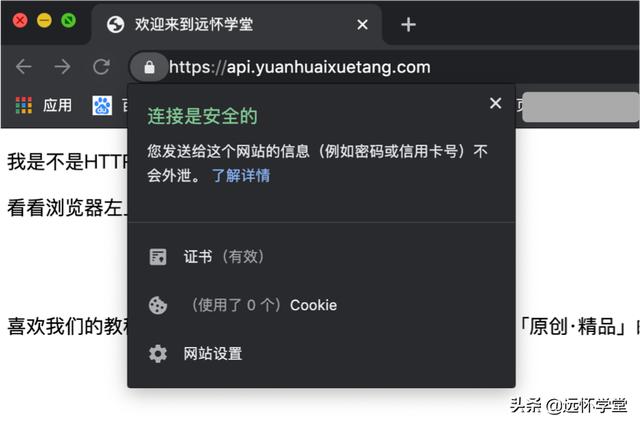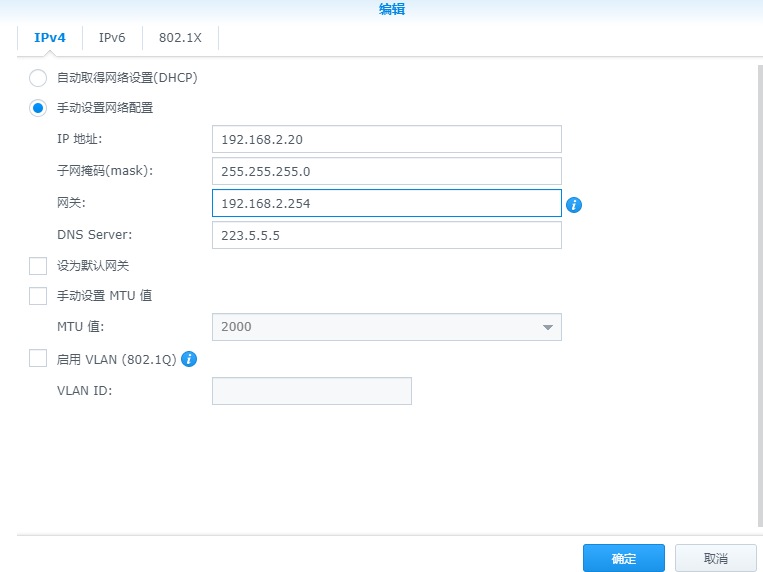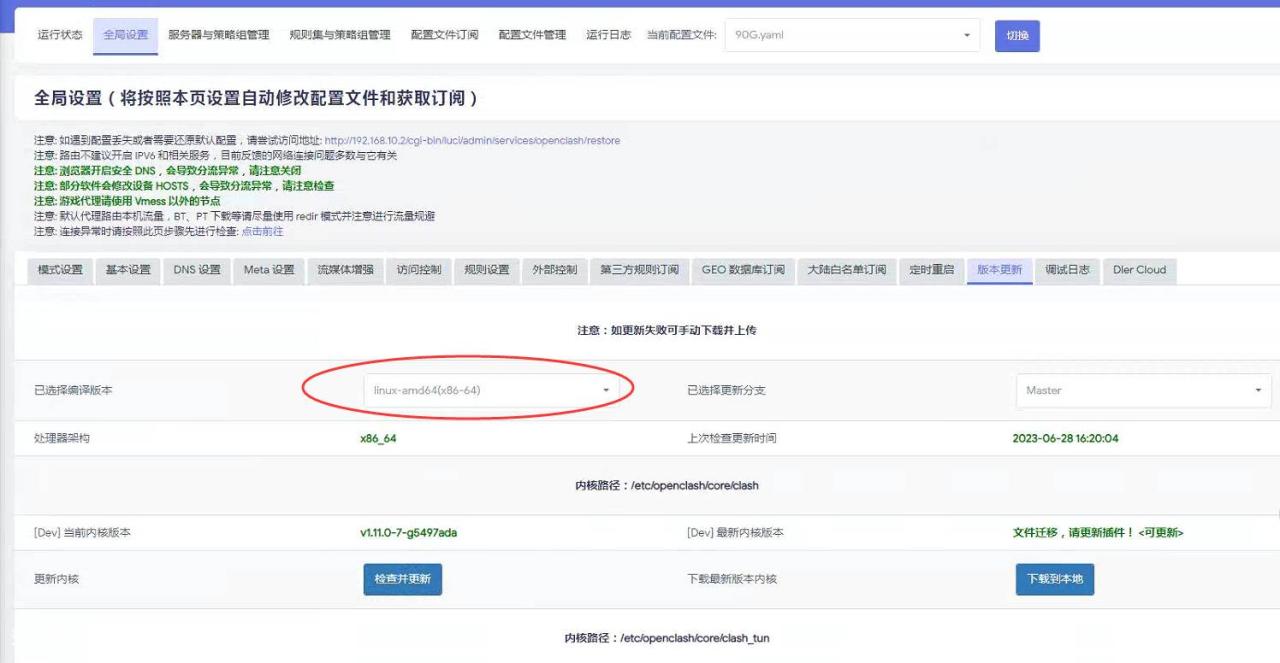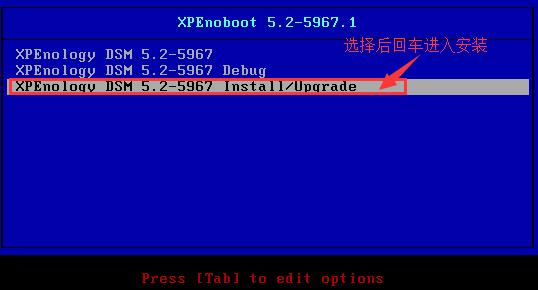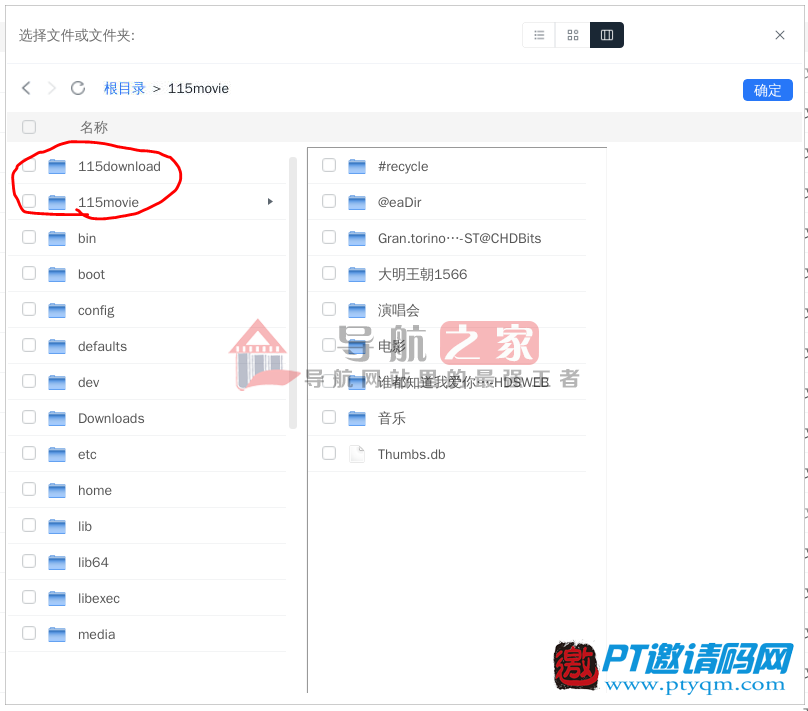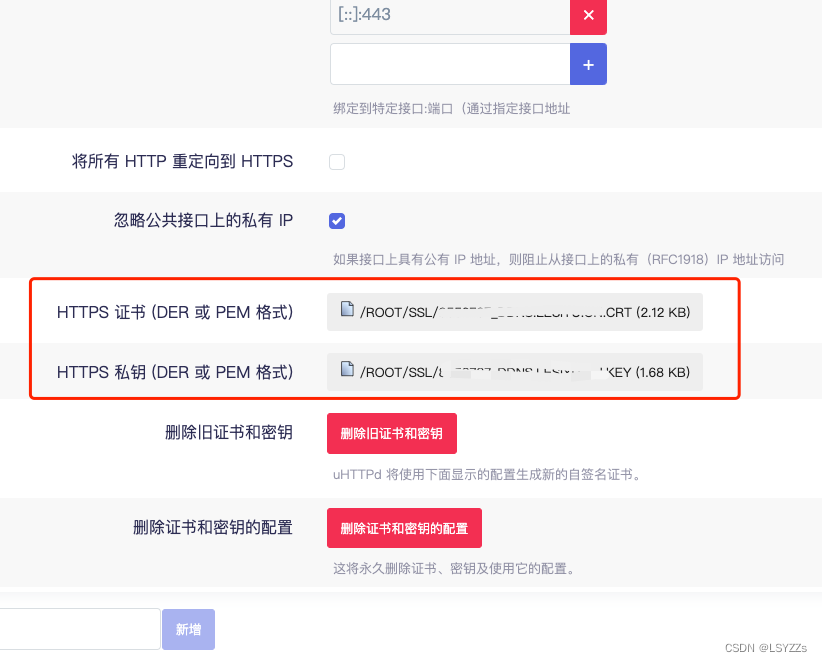由于在学习配置时,网上的教程比较杂乱,用时很久才做好一些基础配置,把流程记录一下方便和我一样的小白学习
本文写于2023.2.10,如果间隔太久,下述内容可能会失效,请另寻教程
仅包含基础教程,个人服务未涉及到负载均衡
- 安装nginx
- 配置静态服务器
- 配置端口转发
- 配置域名
- 配置https
服务器: 阿里云ubuntu20.04
nginx版本: nginx/1.18.0 (Ubuntu)
<span class="token function">sudo</span> <span class="token function">apt-get</span> update <span class="token function">sudo</span> <span class="token function">apt-get</span> <span class="token function">install</span> nginx<span class="token function">sudo</span> <span class="token function">apt-get</span> update <span class="token function">sudo</span> <span class="token function">apt-get</span> <span class="token function">install</span> nginxsudo apt-get update sudo apt-get install nginx
nginx <span class="token parameter variable">-v</span>nginx <span class="token parameter variable">-v</span>nginx -v
<span class="token function">sudo</span> systemctl status nginx <span class="token function">sudo</span> systemctl start nginx <span class="token function">sudo</span> systemctl stop nginx <span class="token function">sudo</span> systemctl restart nginx<span class="token function">sudo</span> systemctl status nginx <span class="token function">sudo</span> systemctl start nginx <span class="token function">sudo</span> systemctl stop nginx <span class="token function">sudo</span> systemctl restart nginxsudo systemctl status nginx sudo systemctl start nginx sudo systemctl stop nginx sudo systemctl restart nginx
注意:对nginx配置文件修改之后,都要重启nginx服务,加载修改后的配置文件
tree /etc/nginxtree /etc/nginxtree /etc/nginx
/etc/nginx ├── conf.d ├── fastcgi.conf ├── fastcgi_params ├── koi-utf ├── koi-win ├── mime.types ├── modules-available ├── modules-enabled │ ├── <span class="token number">50</span>-mod-http-image-filter.conf -<span class="token operator">></span> /usr/share/nginx/modules-available/mod-http-image-filter.conf │ ├── <span class="token number">50</span>-mod-http-xslt-filter.conf -<span class="token operator">></span> /usr/share/nginx/modules-available/mod-http-xslt-filter.conf │ ├── <span class="token number">50</span>-mod-mail.conf -<span class="token operator">></span> /usr/share/nginx/modules-available/mod-mail.conf │ └── <span class="token number">50</span>-mod-stream.conf -<span class="token operator">></span> /usr/share/nginx/modules-available/mod-stream.conf ├── nginx.conf ├── proxy_params ├── scgi_params ├── sites-available │ └── default ├── sites-enabled │ └── default -<span class="token operator">></span> /etc/nginx/sites-available/default ├── snippets │ ├── fastcgi-php.conf │ └── snakeoil.conf ├── uwsgi_params └── win-utf/etc/nginx ├── conf.d ├── fastcgi.conf ├── fastcgi_params ├── koi-utf ├── koi-win ├── mime.types ├── modules-available ├── modules-enabled │ ├── <span class="token number">50</span>-mod-http-image-filter.conf -<span class="token operator">></span> /usr/share/nginx/modules-available/mod-http-image-filter.conf │ ├── <span class="token number">50</span>-mod-http-xslt-filter.conf -<span class="token operator">></span> /usr/share/nginx/modules-available/mod-http-xslt-filter.conf │ ├── <span class="token number">50</span>-mod-mail.conf -<span class="token operator">></span> /usr/share/nginx/modules-available/mod-mail.conf │ └── <span class="token number">50</span>-mod-stream.conf -<span class="token operator">></span> /usr/share/nginx/modules-available/mod-stream.conf ├── nginx.conf ├── proxy_params ├── scgi_params ├── sites-available │ └── default ├── sites-enabled │ └── default -<span class="token operator">></span> /etc/nginx/sites-available/default ├── snippets │ ├── fastcgi-php.conf │ └── snakeoil.conf ├── uwsgi_params └── win-utf/etc/nginx ├── conf.d ├── fastcgi.conf ├── fastcgi_params ├── koi-utf ├── koi-win ├── mime.types ├── modules-available ├── modules-enabled │ ├── 50-mod-http-image-filter.conf -> /usr/share/nginx/modules-available/mod-http-image-filter.conf │ ├── 50-mod-http-xslt-filter.conf -> /usr/share/nginx/modules-available/mod-http-xslt-filter.conf │ ├── 50-mod-mail.conf -> /usr/share/nginx/modules-available/mod-mail.conf │ └── 50-mod-stream.conf -> /usr/share/nginx/modules-available/mod-stream.conf ├── nginx.conf ├── proxy_params ├── scgi_params ├── sites-available │ └── default ├── sites-enabled │ └── default -> /etc/nginx/sites-available/default ├── snippets │ ├── fastcgi-php.conf │ └── snakeoil.conf ├── uwsgi_params └── win-utf
nginx.conf (为了方便看,我删掉了初始内容中所有带注释的代码)
user www-data; worker_processes auto; pid /run/nginx.pid; include /etc/nginx/modules-enabled/*.conf; events { worker_connections 768; } http { sendfile on; tcp_nopush on; tcp_nodelay on; keepalive_timeout 65; types_hash_max_size 2048; include /etc/nginx/mime.types; default_type application/octet-stream; ssl_protocols TLSv1 TLSv1.1 TLSv1.2 TLSv1.3; # Dropping SSLv3, ref: POODLE ssl_prefer_server_ciphers on; access_log /var/log/nginx/access.log; error_log /var/log/nginx/error.log; gzip on; include /etc/nginx/conf.d/*.conf; include /etc/nginx/sites-enabled/*; }user www-data; worker_processes auto; pid /run/nginx.pid; include /etc/nginx/modules-enabled/*.conf; events { worker_connections 768; } http { sendfile on; tcp_nopush on; tcp_nodelay on; keepalive_timeout 65; types_hash_max_size 2048; include /etc/nginx/mime.types; default_type application/octet-stream; ssl_protocols TLSv1 TLSv1.1 TLSv1.2 TLSv1.3; # Dropping SSLv3, ref: POODLE ssl_prefer_server_ciphers on; access_log /var/log/nginx/access.log; error_log /var/log/nginx/error.log; gzip on; include /etc/nginx/conf.d/*.conf; include /etc/nginx/sites-enabled/*; }user www-data; worker_processes auto; pid /run/nginx.pid; include /etc/nginx/modules-enabled/*.conf; events { worker_connections 768; } http { sendfile on; tcp_nopush on; tcp_nodelay on; keepalive_timeout 65; types_hash_max_size 2048; include /etc/nginx/mime.types; default_type application/octet-stream; ssl_protocols TLSv1 TLSv1.1 TLSv1.2 TLSv1.3; # Dropping SSLv3, ref: POODLE ssl_prefer_server_ciphers on; access_log /var/log/nginx/access.log; error_log /var/log/nginx/error.log; gzip on; include /etc/nginx/conf.d/*.conf; include /etc/nginx/sites-enabled/*; }
最关键的是下面两行引入,上面的代码含义目前我还没研究,用到再说
include /etc/nginx/conf.d/*.conf; include /etc/nginx/sites-enabled/*;include /etc/nginx/conf.d/*.conf; include /etc/nginx/sites-enabled/*;include /etc/nginx/conf.d/*.conf; include /etc/nginx/sites-enabled/*;
这两行的意思是:从conf.d中加载所有后缀为conf的文件,从sites-enabled中加载所有文件,均作为配置文件
sites-enabled文件我用不习惯,因此我注释掉了这行,使用conf.d做配置文件
在conf.d中添加static.conf
server { listen 80; server_name localhost; charset utf-8; # 防止中文显示出现乱码 #access_log logs/host.access.log main; location / { root /var/www/html; # 你的静态资源路径 index index.html index.htm;# 访问的文件为html, htm } }server { listen 80; server_name localhost; charset utf-8; # 防止中文显示出现乱码 #access_log logs/host.access.log main; location / { root /var/www/html; # 你的静态资源路径 index index.html index.htm;# 访问的文件为html, htm } }server { listen 80; server_name localhost; charset utf-8; # 防止中文显示出现乱码 #access_log logs/host.access.log main; location / { root /var/www/html; # 你的静态资源路径 index index.html index.htm;# 访问的文件为html, htm } }
要注意的是,在/var/www/html目录中,文件的名字不是index.html,原名为index.nginx.debian.html,改成前者即可。
通过三处修改,完成从sites-enable到conf.d的迁移
- 在
nginx.conf中注释掉include /etc/nginx/sites-enabled/*; - 在
conf.d目录下新建static.conf,添加如上文件内容 - 修改
/var/www/html目录中的文件名为index.html
nginx <span class="token parameter variable">-t</span> <span class="token function">sudo</span> systemctl restart nginxnginx <span class="token parameter variable">-t</span> <span class="token function">sudo</span> systemctl restart nginxnginx -t sudo systemctl restart nginx
自行寻找一个网页做测试,上传到/var/www/html
我上传了之前写过的一个markdown在线编辑器,是一个文件夹,文件夹名为markdown
开始修改static.conf文件
server { listen 80; server_name localhost; charset utf-8; # 防止中文显示出现乱码 # 根据自己需要配置日志文件,可以单独配置,也可以全部放在/var/log/nginx的日志中 #access_log logs/host.access.log main; location / { root /var/www/html; # 你的静态资源路径 index index.html index.htm;# 访问的文件为html, htm } location /markdown { alias /var/www/html/markdown; # 你的静态资源路径 index index.html index.htm;# 访问的文件为html, htm } # 后续如果有其他配置,模仿markdown的配置添加即可 # location /example { # alias /var/www/html/example; # 你的静态资源路径 # index index.html index.htm;# 访问的文件为html, htm # } }server { listen 80; server_name localhost; charset utf-8; # 防止中文显示出现乱码 # 根据自己需要配置日志文件,可以单独配置,也可以全部放在/var/log/nginx的日志中 #access_log logs/host.access.log main; location / { root /var/www/html; # 你的静态资源路径 index index.html index.htm;# 访问的文件为html, htm } location /markdown { alias /var/www/html/markdown; # 你的静态资源路径 index index.html index.htm;# 访问的文件为html, htm } # 后续如果有其他配置,模仿markdown的配置添加即可 # location /example { # alias /var/www/html/example; # 你的静态资源路径 # index index.html index.htm;# 访问的文件为html, htm # } }server { listen 80; server_name localhost; charset utf-8; # 防止中文显示出现乱码 # 根据自己需要配置日志文件,可以单独配置,也可以全部放在/var/log/nginx的日志中 #access_log logs/host.access.log main; location / { root /var/www/html; # 你的静态资源路径 index index.html index.htm;# 访问的文件为html, htm } location /markdown { alias /var/www/html/markdown; # 你的静态资源路径 index index.html index.htm;# 访问的文件为html, htm } # 后续如果有其他配置,模仿markdown的配置添加即可 # location /example { # alias /var/www/html/example; # 你的静态资源路径 # index index.html index.htm;# 访问的文件为html, htm # } }
对于多个路径的配置: [1]
-
使用root会将location后的markdown追加在路径的尾部,在访问时就会访问到/var/www/html/markdown/markdown
-
使用alias则不会将location后的markdown追加在路径尾部,访问时就为正确路径/var/www/html/markdown
如果添加charset utf-8;后还存在乱码,强制刷新一下试试
输入IP/markdown查看配置结果
自行寻找一个服务做测试,开在非80端口即可,我开在了8822端口
注:要在服务器的安全组配置,打开对应端口
首先测试一下 IP:8822 能不能正常使用,可以使用说明服务成功启动在8822端口,进行后续配置。
server { listen 80; server_name localhost; charset utf-8; # 防止中文显示出现乱码 # 添加头部信息 proxy_set_header Cookie $http_cookie; proxy_set_header X-Forwarded-Host $Host; proxy_set_header proxy_set_Server $Host; proxy_set_header X-Forwarded-For $proxy_add_x_forwarded_for; # 访问IP/eat,则会自动访问对应地址IP:8822 location /eat/ { proxy_pass http://localhost:8822/; } # 后续如果有其他配置,模仿eat的配置添加即可 # 访问IP/example,则会自动访问对应地址IP:port # location /example/ { # proxy_pass http://localhost:port/; # } }server { listen 80; server_name localhost; charset utf-8; # 防止中文显示出现乱码 # 添加头部信息 proxy_set_header Cookie $http_cookie; proxy_set_header X-Forwarded-Host $Host; proxy_set_header proxy_set_Server $Host; proxy_set_header X-Forwarded-For $proxy_add_x_forwarded_for; # 访问IP/eat,则会自动访问对应地址IP:8822 location /eat/ { proxy_pass http://localhost:8822/; } # 后续如果有其他配置,模仿eat的配置添加即可 # 访问IP/example,则会自动访问对应地址IP:port # location /example/ { # proxy_pass http://localhost:port/; # } }server { listen 80; server_name localhost; charset utf-8; # 防止中文显示出现乱码 # 添加头部信息 proxy_set_header Cookie $http_cookie; proxy_set_header X-Forwarded-Host $Host; proxy_set_header proxy_set_Server $Host; proxy_set_header X-Forwarded-For $proxy_add_x_forwarded_for; # 访问IP/eat,则会自动访问对应地址IP:8822 location /eat/ { proxy_pass http://localhost:8822/; } # 后续如果有其他配置,模仿eat的配置添加即可 # 访问IP/example,则会自动访问对应地址IP:port # location /example/ { # proxy_pass http://localhost:port/; # } }
输入IP/eat查看配置结果
我从阿里云购买了域名southyang.cn,将子域名demo.southyang.cn解析到服务器上
以端口转发为例:
server { listen 80; server_name demo.southyang.cn; charset utf-8; # 防止中文显示出现乱码 # 添加头部信息 proxy_set_header Cookie $http_cookie; proxy_set_header X-Forwarded-Host $Host; proxy_set_header proxy_set_Server $Host; proxy_set_header X-Forwarded-For $proxy_add_x_forwarded_for; # 访问demo.southyang.cn/eat,则会自动访问对应地址IP:8822 location /eat/ { proxy_pass http://localhost:8822/; } # 后续如果有其他配置,模仿eat的配置添加即可 # 访问IP/example,则会自动访问对应地址IP:port # location /example/ { # proxy_pass http://localhost:port/; # } }server { listen 80; server_name demo.southyang.cn; charset utf-8; # 防止中文显示出现乱码 # 添加头部信息 proxy_set_header Cookie $http_cookie; proxy_set_header X-Forwarded-Host $Host; proxy_set_header proxy_set_Server $Host; proxy_set_header X-Forwarded-For $proxy_add_x_forwarded_for; # 访问demo.southyang.cn/eat,则会自动访问对应地址IP:8822 location /eat/ { proxy_pass http://localhost:8822/; } # 后续如果有其他配置,模仿eat的配置添加即可 # 访问IP/example,则会自动访问对应地址IP:port # location /example/ { # proxy_pass http://localhost:port/; # } }server { listen 80; server_name demo.southyang.cn; charset utf-8; # 防止中文显示出现乱码 # 添加头部信息 proxy_set_header Cookie $http_cookie; proxy_set_header X-Forwarded-Host $Host; proxy_set_header proxy_set_Server $Host; proxy_set_header X-Forwarded-For $proxy_add_x_forwarded_for; # 访问demo.southyang.cn/eat,则会自动访问对应地址IP:8822 location /eat/ { proxy_pass http://localhost:8822/; } # 后续如果有其他配置,模仿eat的配置添加即可 # 访问IP/example,则会自动访问对应地址IP:port # location /example/ { # proxy_pass http://localhost:port/; # } }
输入demo.southyang.cn/eat查看配置结果
以端口转发为例: [2]
server { listen 80; server_name demo.southyang.cn; # 跳转https return 301 https://$host$request_uri; } server { listen 443 ssl http2; server_name demo.southyang.cn; charset utf-8; # 防止中文显示出现乱码 # 添加头部信息 proxy_set_header Cookie $http_cookie; proxy_set_header X-Forwarded-Host $Host; proxy_set_header proxy_set_Server $Host; proxy_set_header X-Forwarded-For $proxy_add_x_forwarded_for; # 配置证书 ssl_certificate 证书密钥地址 ssl_certificate_key 证书公钥地址 ssl_verify_client off; proxy_ssl_verify off; # 访问demo.southyang.cn/eat,则会自动访问对应地址IP:8822 location /eat/ { proxy_pass http://localhost:8822/; proxy_redirect off; } # 后续如果有其他配置,模仿eat的配置添加即可 # 访问IP/example,则会自动访问对应地址IP:port # location /example/ { # proxy_pass http://localhost:port/; # } }server { listen 80; server_name demo.southyang.cn; # 跳转https return 301 https://$host$request_uri; } server { listen 443 ssl http2; server_name demo.southyang.cn; charset utf-8; # 防止中文显示出现乱码 # 添加头部信息 proxy_set_header Cookie $http_cookie; proxy_set_header X-Forwarded-Host $Host; proxy_set_header proxy_set_Server $Host; proxy_set_header X-Forwarded-For $proxy_add_x_forwarded_for; # 配置证书 ssl_certificate 证书密钥地址 ssl_certificate_key 证书公钥地址 ssl_verify_client off; proxy_ssl_verify off; # 访问demo.southyang.cn/eat,则会自动访问对应地址IP:8822 location /eat/ { proxy_pass http://localhost:8822/; proxy_redirect off; } # 后续如果有其他配置,模仿eat的配置添加即可 # 访问IP/example,则会自动访问对应地址IP:port # location /example/ { # proxy_pass http://localhost:port/; # } }server { listen 80; server_name demo.southyang.cn; # 跳转https return 301 https://$host$request_uri; } server { listen 443 ssl http2; server_name demo.southyang.cn; charset utf-8; # 防止中文显示出现乱码 # 添加头部信息 proxy_set_header Cookie $http_cookie; proxy_set_header X-Forwarded-Host $Host; proxy_set_header proxy_set_Server $Host; proxy_set_header X-Forwarded-For $proxy_add_x_forwarded_for; # 配置证书 ssl_certificate 证书密钥地址 ssl_certificate_key 证书公钥地址 ssl_verify_client off; proxy_ssl_verify off; # 访问demo.southyang.cn/eat,则会自动访问对应地址IP:8822 location /eat/ { proxy_pass http://localhost:8822/; proxy_redirect off; } # 后续如果有其他配置,模仿eat的配置添加即可 # 访问IP/example,则会自动访问对应地址IP:port # location /example/ { # proxy_pass http://localhost:port/; # } }
输入demo.southyang.cn/eat查看配置结果
注: 目前我只用到了上述所列的内容,其他内容用到了再学
引用内容:
[1] https://blog.csdn.net/qq_39827677/article/details/113745095
[2] https://github.com/Mereithhh/van-nav
原文链接:https://blog.csdn.net/qq_45951779/article/details/128969250




